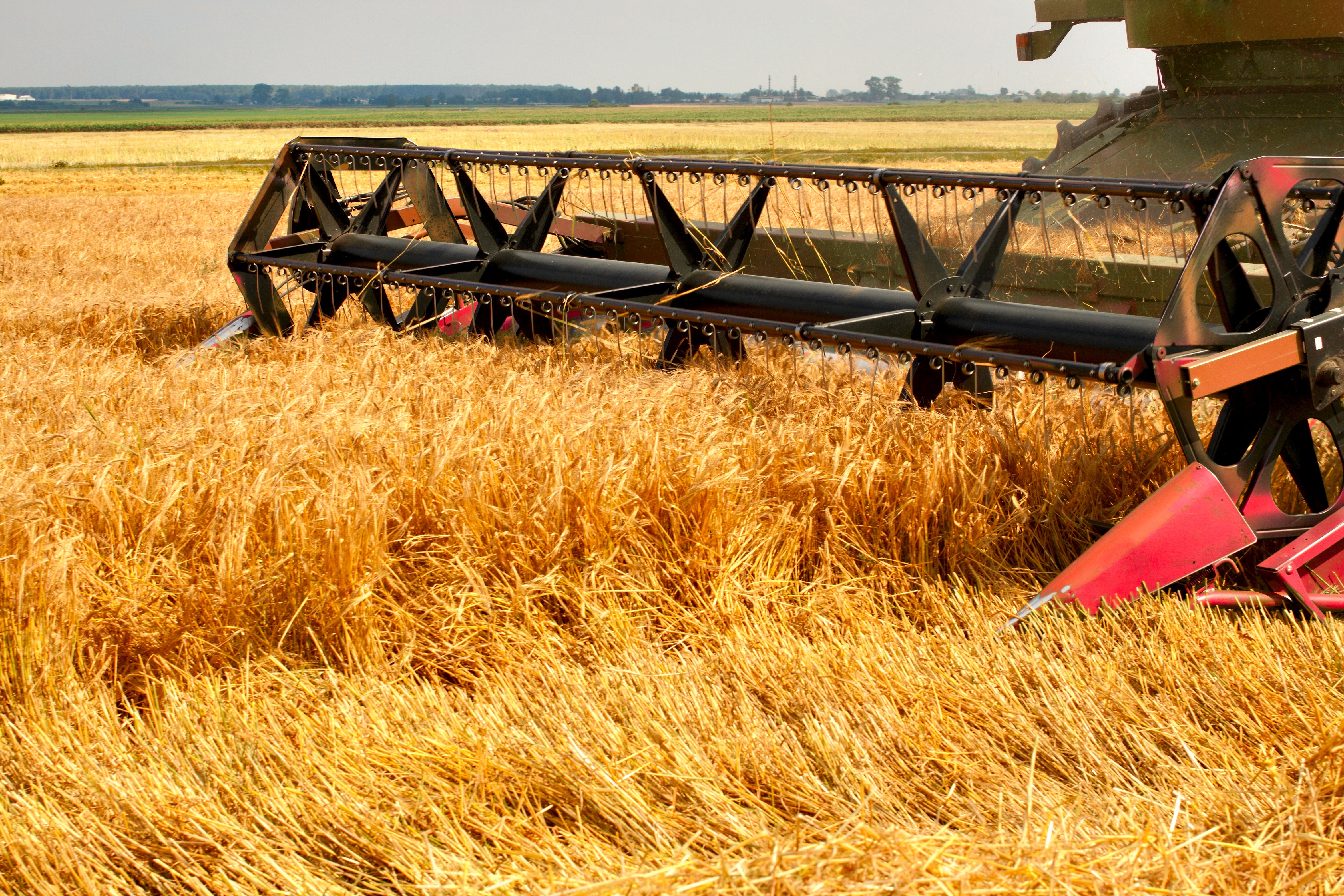The University of Guelph is taking the lead in a groundbreaking initiative aimed at transforming Canada into a global leader in agri-food innovation. With the support of a nearly $16.3 million Lab to Market grant, the university will head the creation of the Sustainable Food Systems for Canada (SF4C) platform—a national network designed to foster entrepreneurial education and innovation within Canada’s agri-food sector.
The funding was announced today by Terry Duguid, Minister of Sport and Minister responsible for Prairies Economic Development Canada, on behalf of François-Philippe Champagne, Minister of Innovation, Science and Industry. The initiative aims to equip the agri-food ecosystem with the tools needed to take university-based research and prototype innovations and bring them to market.
The SF4C platform will connect researchers, innovators, industry professionals, and communities across Canada. Dr. Rene Van Acker, interim president and vice-chancellor of the University of Guelph, emphasized the platform's goal: to create Canada's first-ever nationally networked entrepreneurial hub for the agri-food sector. “SF4C will build a continuous pipeline of talent, ensuring economic security and increased productivity in the face of a rapidly changing global landscape,” he said.
The initiative will be co-chaired by Dr. Evan Fraser, professor in the Department of Geography, Environment & Geomatics and director of the Arrell Food Institute at the University of Guelph, alongside Dr. Lenore Newman, professor and director of the Food and Agriculture Institute at the University of the Fraser Valley. Together, they will unite experts from agriculture, veterinary medicine, Indigenous organizations, and startups to create one of the world’s largest food system innovation networks.
“Current methods of food production are insufficient to meet growing global demand and mitigate the effects of climate change,” said Fraser. “Innovation is no longer optional; it is essential for modern growers, producers, and processors. At the heart of SF4C is the philosophy of nurturing business-minded research to develop a base of innovators who will bring solutions to market.”
Newman added, “In the face of a changing climate and global challenges, it is more important than ever to strengthen our domestic food system. SF4C represents a national leap forward in agricultural innovation.”
The SF4C platform will operate under three main programs: a training platform, a mentorship service, and a series of events, activities, and workshops designed to break down barriers to business growth and unify national expertise. These programs will connect innovators with the resources they need to succeed.
A total of 13 post-secondary institutions from across Canada will collaborate on SF4C, including institutions like Concordia University, Dalhousie University, and the University of Alberta. Additional partners include the Canadian Food Innovation Network, BioEnterprise, the Canadian Alliance for Net-Zero Agri-food (CANZA), and several other key players in the sector.
Dr. Shayan Sharif, interim vice president of research and innovation at the University of Guelph, noted that the SF4C initiative is a testament to the university's ability to catalyze collaboration across sectors. "SF4C brings together the leading agri-food institutes to stimulate innovation and promote sustainability,” he said.
The initiative also highlights the importance of regional and community involvement in addressing food security and sovereignty. Janet Dean, Executive Director of the Territorial Agrifood Association, stressed the importance of incorporating Indigenous practices and local resources into the innovation process, ensuring that diverse voices are heard in shaping Canada’s agri-food future.
As Canada’s agri-food sector faces unprecedented challenges due to climate change and geopolitical instability, the SF4C platform aims to provide a comprehensive, nationwide approach to ensuring food security, sustainable practices, and the development of business-ready innovators who can lead the way in the future of agri-food production.
By creating a robust network that brings together academia, industry, and government, SF4C will help position Canada as a global leader in agri-food innovation and entrepreneurship, preparing the sector for the challenges of the future.


























